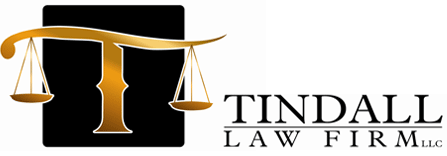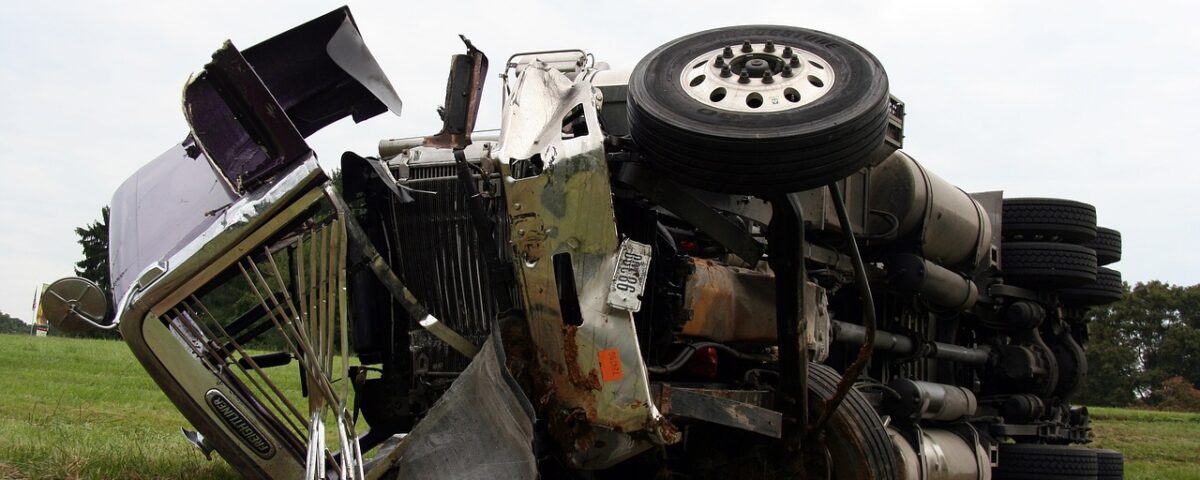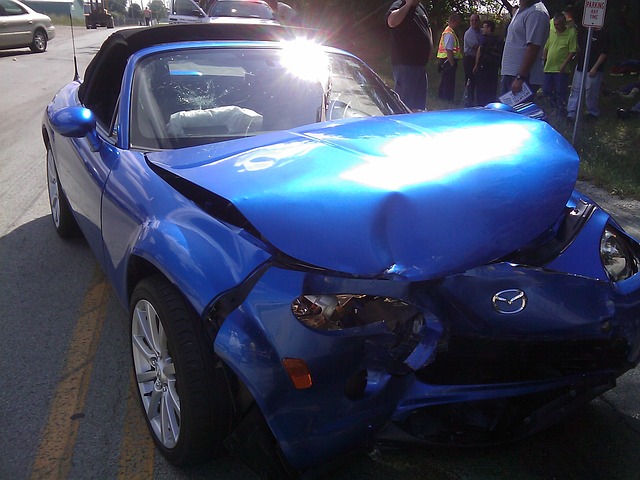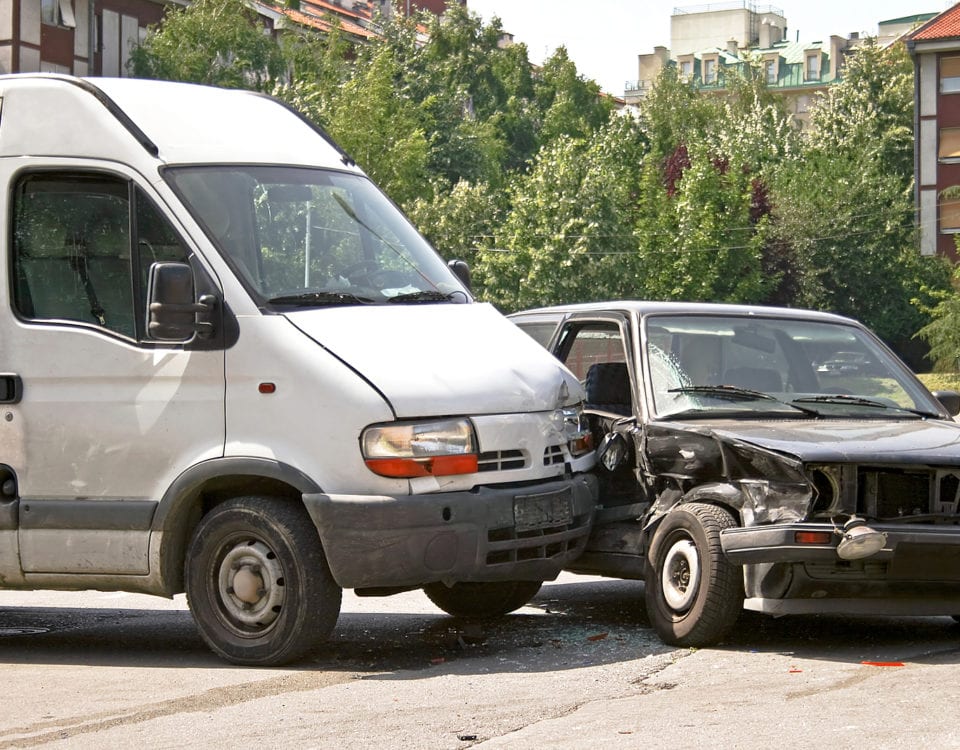Understanding Third-Party Vehicle Accidents in Connecticut: What You Need to Know
A Tradition of Excellence
 Sampling of Successful Case Resolutions
Sampling of Successful Case Resolutions
 Read our answers to some frequently asked questions.
Read our answers to some frequently asked questions.
Statement
 View Our Mission Statement
View Our Mission Statement

Your Rights after a Burn Injury: A Guide for Victims and Families
September 28, 2024
When a Car Accident Becomes a Liability Case: Knowing Your Legal Options in Connecticut
December 13, 2024When you’re involved in a vehicle accident caused by another driver’s negligence, it can lead to physical injuries, financial strain, and emotional stress. If you were injured in a vehicle accident in Connecticut due to the actions of a third party, you may have the right to seek compensation for your damages. It’s important to understand the nuances of third-party vehicle accident cases to ensure you protect your rights and secure the compensation you deserve.
What Is a Third-Party Vehicle Accident?
A third-party vehicle accident refers to a situation where an individual is injured in an accident caused by another driver or party not affiliated with the injured party. In these cases, the injured party (plaintiff) seeks compensation from the responsible party (defendant) or their insurance company. Examples include:
- A pedestrian hit by a car.
- A passenger injured in a multi-car collision.
- A bicyclist struck by a vehicle.
If someone other than yourself was at fault for the accident, they are considered the third party, and you can pursue a claim against them to recover compensation for your medical bills, lost wages, property damage, pain, and suffering.
Determining Fault in a Third-Party Accident
Connecticut operates under a modified comparative fault system. This means that you can recover damages as long as you are less than 51% responsible for the accident. However, your compensation will be reduced by the percentage of fault attributed to you. For example, if you are found 20% at fault for the accident, your total compensation will be reduced by 20%.
To successfully prove liability in a third-party vehicle accident case, several factors need to be established:
- Duty of Care: The defendant owed you a duty of care. All drivers must exercise reasonable care while operating their vehicles to prevent accidents and injuries.
- Breach of Duty: The defendant breached this duty through negligent actions, such as speeding, running a red light, or driving under the influence.
- Causation: The defendant’s breach of duty directly caused the accident and your injuries.
- Damages: You suffered actual damages (physical, emotional, or financial) as a result of the accident.
Types of Compensation Available
In a third-party vehicle accident claim, you may be entitled to various types of compensation, depending on the severity of your injuries and the circumstances of the accident. These include:
- Medical Expenses: All current and future medical costs related to your injuries, including doctor visits, surgeries, rehabilitation, and medications.
- Lost Wages: Compensation for income lost due to your inability to work after the accident, as well as future earnings if you suffer a long-term or permanent disability.
- Pain and Suffering: Non-economic damages for the physical pain and emotional distress caused by the accident.
- Loss of Life’s Enjoyment: These are damages for the impact the collision has upon your daily activities of living, both necessary activities and those one does for fun and pleasure.
- Property Damage: Compensation for the repair or replacement of your vehicle or other property damaged in the accident.
In cases where the defendant’s behavior was particularly reckless or egregious, punitive damages or double and treble damages by statute may also be awarded to punish the at-fault party and deter similar conduct in the future.
Steps to Take After a Third-Party Accident
If you’ve been injured in a third-party vehicle accident, it’s essential to take the following steps to protect your rights and build a strong case:
- Seek Medical Attention: Even if your injuries seem minor, see a doctor right away. Some injuries, like whiplash or concussions, may not be immediately apparent.
- Report the Accident: Contact the police and file an accident report. This documentation can serve as valuable evidence later on.
- Gather Evidence: Collect as much information as possible at the scene, including photos of the accident, witness contact details, and the other driver’s insurance information.
- Consult with an Attorney: Reach out to an experienced personal injury attorney who specializes in vehicle accidents. They can help guide you through the legal process, negotiate with insurance companies, and represent your best interests.
How a Connecticut Personal Injury Attorney Can Help
Navigating the complexities of a third-party vehicle accident claim can be overwhelming, especially when dealing with insurance companies that may attempt to minimize your compensation. A knowledgeable attorney, such as Tavis Tindall will advocate on your behalf, ensuring that your rights are protected, and that you receive fair compensation for your injuries.
At Tindall Law Firm your retained personal injury attorney can:
- Conduct a thorough investigation of the accident to gather evidence.
- Work with medical experts to assess the full extent of your injuries.
- Negotiate with insurance adjusters to secure a fair settlement.
- Represent you in court if a lawsuit becomes necessary.
Conclusion
Third-party vehicle accidents in Connecticut can result in serious injuries and financial challenges, but you don’t have to navigate the legal process alone. By working with an experienced personal injury attorney, you can improve your chances of securing the compensation you deserve. If you or a loved one has been injured in a third-party vehicle accident, don’t hesitate to seek legal advice and take the first step toward recovering your losses.










